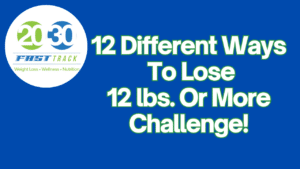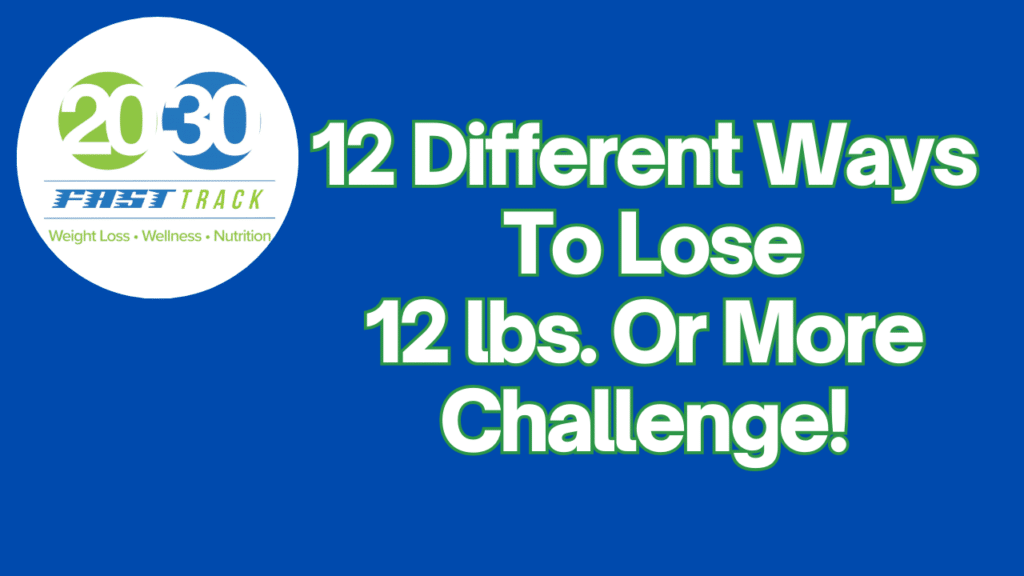Let’s Talk About Relaxing Your Brain
DONNA: Hey there, welcome to A Healthy Conversation. Well, we’re back in the Krech kitchen. Some days we may be in Krech Cottage or Krech, I don’t know where. So, here’s the thing, we have promised that we would talk about relaxation, specifically with regard to brain waves because we know now that if you don’t get enough sleep, it can cause you to gain weight and it can certainly even keep you from losing weight. So, over the last several episodes we’ve talked specifically about that and today we are going to talk about relaxing your brain.
Now you’ve also figured out that we have a bit of a little sarcasm in our –
JOHN: Here and there.
DONNA: — relationship. We have fun with each other. So, we talk every time we’re going to shoot of these episodes and invite you into our home, we talk prior to shooting. We were talking about how we were going to discuss brain waves today and my husband says something like —
JOHN: So, we’re going to figure out how beta waves don’t make your brain work the way it’s supposed to? Something to that effect.
DONNA: Something to that effect. I think my brain waves work fine. I think it’s all perspective.
JOHN: The rest of the world?
DONNA: Well really come on. My brain waves are good, your brain waves are good, all our brain waves are happy and just get along.
JOHN: That’s what I was thinking.
DONNA: If brain waves could just get along, right? Okay, so in all seriousness. There are basically four different types of brain waves you want to think about and not only are we going to talk about those brain waves, but we’re going to talk about specific products that can help your mind as well. Because again, if you can relax the mind, stress goes down, cortisol goes down, adrenals are affected as much. I mean it’s a big, wonderful circle.
Let me start with Beta, there are beta waves. Beta waves are kind when you and I are playing with each other, when we’re jabbing each other or when we’re at work during our day, when you’re dealing with your family, beta waves are what occur in the awaken state. Now the unfortunate thing, they move very, very, very fast okay, the unfortunate thing about beta waves is that they burst. So, if there’ a stress situation, they’re going to burst and you’re going to be even more so in that state.
Alpha waves really are the next level and they kind of occur when you close your eyes and you’re silent for a second. It’s just rest. But those brain waves slowdown in that state. That’s kind of where you can let your imagination work, that’s kind of the daydreaming state, it is a more relaxed state than beta. So, this is why, with regard to helping you lose weight and lower your cortisol levels, even if you take a few minutes during the day, close your eyes and relax, you’re slowing those brain waves down and getting them to a point where they’re going to be able to serve you.
Now there are two other kinds; one is gamma, not that much is known about that, so we won’t talk about that. But there’s theta waves and there’s delta. Theta waves are, they’re kind of like looked at as the automatic memory wave. The Theta state is when you’re doing thing so automatically that you’re really into that subconscious, you’re not even aware that you’re doing things, unconscious even.
For example, when you drive home at night and all of a sudden you’re in your garage and you don’t even remember driving home, because you’re on automatic. We’ve all done it, right? Sometimes in the shower washing your hair, I do this, I catch myself going “Did I lather once or did I lather twice” because it’s automatic. See, that’s kind of in a theta state, where you’re not having to think about it. And if you can get yourself to that state through some meditation, that’s a good place to be because again, it’s dealing more with the unconscious mind.
In the delta state, which is the deepest state of rest, that’s really where – I mean it’s a dreamless state, that’s where real change can occur, so between theta and delta. Now, we’re not going to talk about getting a meditation CD, although we will help you with that in the future. What we want to do today is educate you on these things and then talk about how to get the brain ready to move into these different–
JOHN: Nourish the brain.
DONNA: Nourish the brain to move it into these different meditation states or brain wave states. Now, we know we need to drink a good amount of water because the whole body is primarily water, so you’ve got to drink a good amount of water and you’ve got to hydrate the brain. But what people don’t talk about very often is what makes the brain work is —
JOHN: Well, the brain is 60% fat. What we always think about is well I eat a lot of fat, but you’re not eating right kind of fat. We’re not eating the Omega-3 fats that are anti-inflammatory. Now we know what inflammation looks like in the body, we don’t really think about what it does to our brains when our brains gets inflamed, they don’t function right. So plenty of Omega-3 fats, fish oil, flax oil, because those are the types of fats that keep our brain calmed down because they’re anti-inflammatory fats.
DONNA: So this is good news because even in the beta state, which is the awake state, if we’re taking the fish oil and the flax, we can keep our brain in the most nourished and relaxed state even during the day. So how much flax and fish?
JOHN: Well about 2,000 mg. fish oil every day, which means the EPA and DHA, the two main components of Omega-3’s so that’s really what you have to look at.
DONNA: Okay, so let’s wait, stop. Let’s talk about ours because that’s the one we focus on. So we’ve got a fish oil, it’s a tablet, it’s a capsule.
JOHN: Soft gel.
DONNA: Soft gel, okay. And what’s the unit —
JOHN: Each one of those has 750 mg. of EPA and DHA, nice amount. So I like my customers to take three of those a day, two in the morning and one in the evening. It just nourishes your brain completely.
DONNA: Fish oil?
JOHN: Fish oil.
DONNA; Okay. Two in the morning, one at night.
JOHN: Okay. Flax oil, linolenic oil, is a different type it’s a Omega 3 6 9 but that’s about 3,000 mg. a day for that one. So you have to take three of that one as well. So if you’re taking flax and you’re taking fish, basically it’s about three of each.
DONNA: So you just need a good rhythm. But you’re saying it doesn’t have to be a third, a third, a third. I can take two in the morning and one at night.
JOHN: Two in the morning, one at night.
DONNA: Which is kind of like calcium.
JOHN: Always after food though.
DONNA: Okay, okay. And then —
JOHN: The other thing was B complex. B vitamins are good for your central nervous system. They feed your brain, they’re good for cognitive thinking.
DONNA: So let’s just really process that. Everybody knows what central nervous system means, so a lot of times B’s are associated with energy. What we’re saying is B’s really nourish the central nervous systems which is all about the brain, so let’s talk about that for a second.
JOHN: Exactly. There are some very conclusive German university studies that say if you take plenty of B complex and plenty of fish oil, people who even have problems with being depressed can get out of their depression just by doing those two simple things. Now our multi vitamin, the UltraLife 121, which we designed, has a 121 mg. of B complex in it which nourishes your brain just fabulously. So a couple of those a day too; those are the two magic things that I like my customers to do such as a baseline.
DONNA: So let’s sum it up; you need to get on a good fish oil and a good flax.
JOHN: Either or.
DONNA: Either/or, and get on a good high B multi. We’re obviously a fan of our UltraLife 121 and you can get a good B anywhere, fish oil, flax, just get yourself connected and get these into your system so your brain can work as well as –
JOHN: Yours does.
DONNA: As mine does, right exactly. I’m so glad you agree with me. Perfect. That’s right. We’ll see you next time.











